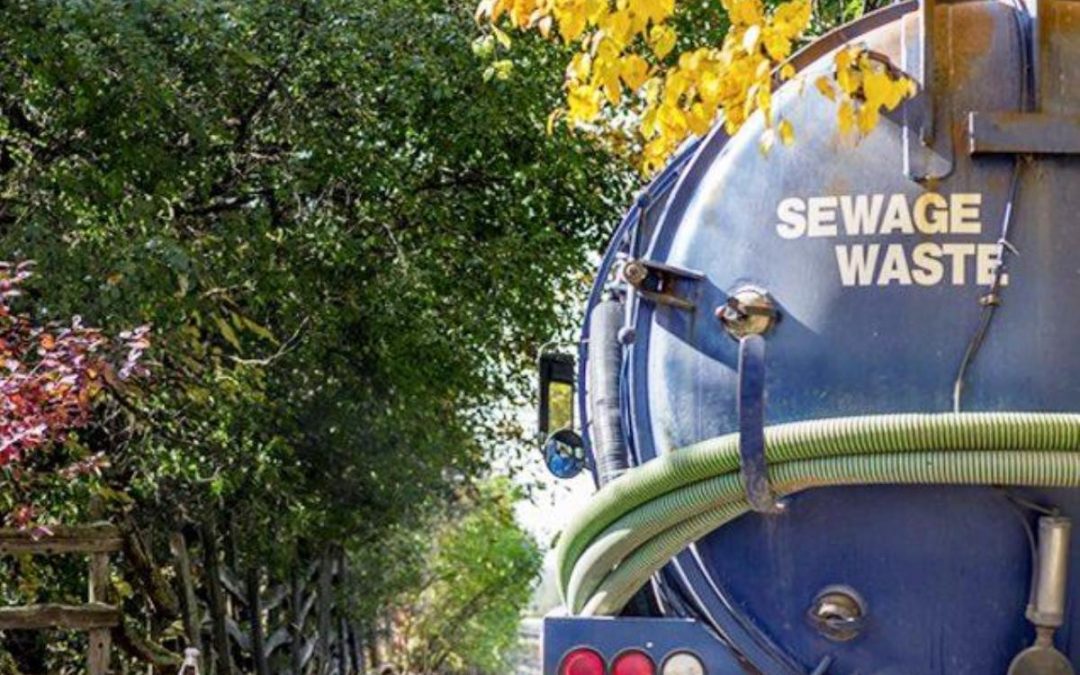The Best Guide To Reclaim Waste
The Best Guide To Reclaim Waste
Blog Article
Get This Report about Reclaim Waste
Table of ContentsReclaim Waste for DummiesSome Known Details About Reclaim Waste Reclaim Waste for Beginners10 Simple Techniques For Reclaim WasteReclaim Waste Things To Know Before You Buy
Via appropriate fluid waste administration, companies can lower energy-intensive treatment procedures and disposal prices. They also reach preserve resources and allot them in various other pertinent processes. There are countless regulations that secure public health and the setting. By following a system for handling fluid waste, companies can stay clear of costly penalties and penalties and prevent negative promotion.(https://www.awwwards.com/reclaimwaste1/)Gather depictive samples from numerous points within the waste stream to guarantee precision. Fluid waste, especially hazardous ones, positions considerable threats during this step.

Disinfection (e.g., chlorination, ultraviolet light, ozonation) and nutrient elimination (e.g., denitrification and phosphorus eradication) are suggested under rigid guidelines. Many business broke several liquid waste disposal laws in current years.
What Does Reclaim Waste Do?

are used by sectors that create big volumes of low-toxicity liquid waste. Superficial basins consist of liquid waste that is allowed to evaporate through all-natural procedures. The deposit left can be thrown away in landfills. involves melting fluid waste at heats and transforming it into gas and ash. This sort of disposal is subject to rigorous ecological policies due to possibly harmful discharges.
The findings need to be documented, analyzed, and saved not just for submission to governing authorities however likewise for making improvements in the future. Use trustworthy tools, techniques, and software services to make sure accurate and constant information collection. Stay upgraded on pertinent environmental guidelines and sector standards. Share info with pertinent stakeholders (e.g., employees, regulative federal government agencies, and close-by areas) to maintain transparency and liability.
Understanding these can aid them properly handle their operations and reduce their environmental impact. Firms that can not spend in facilities ought to take into consideration collaborating with the public sector for better solutions.
Things about Reclaim Waste
By implementing detailed management systems that include treatment and reusing techniques, routine monitoring, danger assessments, and adherence to regional and federal guidelines, industrial centers can contribute to the defense of groundwater products, guaranteeing their availability for future generations (liquid waste removal). Let's delve into the relevance of efficient fluid waste administration in the commercial industry, concentrating on its implications for securing groundwater resources
The air pollution of groundwater sources due to inappropriate fluid waste administration in the commercial industry has significant consequences for human wellness, farming, and the atmosphere all at once. Several of the potential impacts triggered by such air pollution consist of: Contaminated Drinking Water Materials: As groundwater supplies a substantial portion of our drinking water, pollution from commercial tasks can lead to dangerous chemicals and microbes entering our water systems, presenting wellness risks for people.
Decreased Agricultural Productivity: Farming counts heavily on groundwater for watering; therefore, polluted water can hinder crop yields, infect farming items, and impact food security. Provided the significance of protecting groundwater sources, it is essential for companies to take a positive stance in managing their fluid waste sensibly and protecting against air pollution.
Some Known Questions About Reclaim Waste.
Liquid waste can pollute land and contaminate waters. Details concerning dealing with and storing liquid waste, responding to spills and reducing liquid waste is offered in the complying with reality sheets and assistance:.
The role of waste management experts in protecting this priceless source can not be overemphasized. Contaminated water and polluted effluent administration: Making certain that unsafe fluids are securely eliminated and dealt with prior to they can hurt our water sources.
Therefore, integrating sustainable liquid waste administration right into financial planning improves financial security and safeguards the setting, demonstrating the value of this approach. Finally, embracing professional liquid waste management practices is crucial for guaranteeing a sustainable future, protecting our setting and securing the health of future generations - liquid waste disposal melbourne. At E&E Waste, we are committed to cultivating a much better tomorrow through liable actions today.
When it pertains to taking care of waste, adhering to appropriate procedures is critical for a wide range of reasons. Appropriate waste disposal is not almost tidiness; it has to do with making sure the health of our environment, health and wellness, and the efficient use sources. Recognizing the value of efficient waste monitoring can assist all of us add to a healthier, cleaner earth.
Reclaim Waste - Questions
Reliable waste management aids keep clean streets and public rooms, lowering the visual influence of clutter and ensuring that waste does not damage wildlife. When waste is not disposed of correctly, it can bring about air pollution, where damaging check over here materials can seep right into the soil, water supply, and the air, creating long-term environmental issues.
Report this page